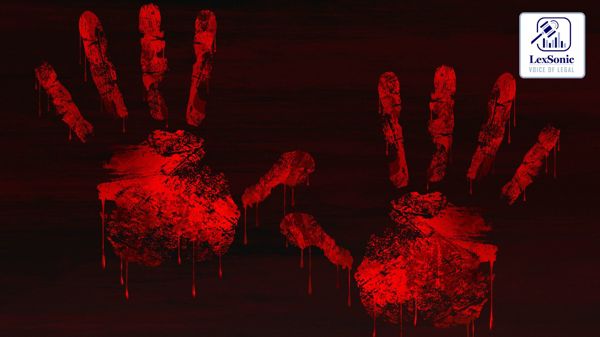Legal Battle over Age: Determining Juvenility in Criminal Cases.
05 March 2024
Evidence >> Criminal Law | Murder Homicide >> Criminal Law
In the annals of legal history, cases often arise where the determination of age becomes a pivotal factor in deciding the fate of individuals accused of serious crimes. Such was the case of Vinod Katara, whose journey through the Indian judicial system spanned over four decades, all revolving around a single crucial question: Was he a juvenile at the time of the alleged crime?
Vinod Katara was accused and subsequently convicted of murder in 1982, a crime that led to a life sentence handed down by the trial court in 1986. Over the years, appeals were filed, hopes were raised and dashed, until a glimmer of possibility emerged decades later in the form of a medical examination.
In 2021, a medical board estimated Vinod Katara's age to be around 56 years, suggesting that he might have been a mere 15-year-old at the time of the incident. This revelation sparked a legal battle that delved deep into the nuances of age determination under Indian law.
The journey through the courts was arduous. Vinod Katara's plea for reconsideration based on his claimed juvenility was met with skepticism from the judiciary. The Supreme Court, acknowledging the gravity of the claim, directed the Sessions Court in Agra to conduct a thorough examination.
The Sessions Court meticulously evaluated the evidence presented. It scrutinized school records and a family register, which purportedly indicated conflicting birth dates. Ultimately, the court found that Vinod Katara was born on 2nd July 1960, making him an adult—well above the juvenile threshold—when the crime occurred.

The heart of the legal debate rested on the hierarchy of evidence. While the medical report posited one age, the courts prioritized school records and birth certificates as more reliable indicators of age under the Juvenile Justice Act. The Sessions Court’s decision underscored the importance of verifiable, contemporaneous documentation in age determination, casting doubt on the authenticity of the family register submitted by Vinod Katara.
After extensive hearings and careful consideration of all evidence, the Supreme Court rendered its verdict. It upheld the Sessions Court's findings, concluding that Vinod Katara did not qualify as a juvenile at the time of the offense. The decision underscored the legal principle that the burden of proof lies heavily on reliable documentation, rather than subjective medical assessments, in cases of age determination for legal purposes.
The case of Vinod Katara highlights the complexities and challenges involved in determining juvenility in criminal cases. It serves as a poignant reminder of the judicial system's reliance on concrete evidence and the rigorous scrutiny applied to claims that can potentially alter the course of justice. As legal battles continue to evolve, the Vinod Katara case stands as a testament to the meticulousness required in navigating the intricate web of law and justice.
Code of Criminal Procedure, 1973
